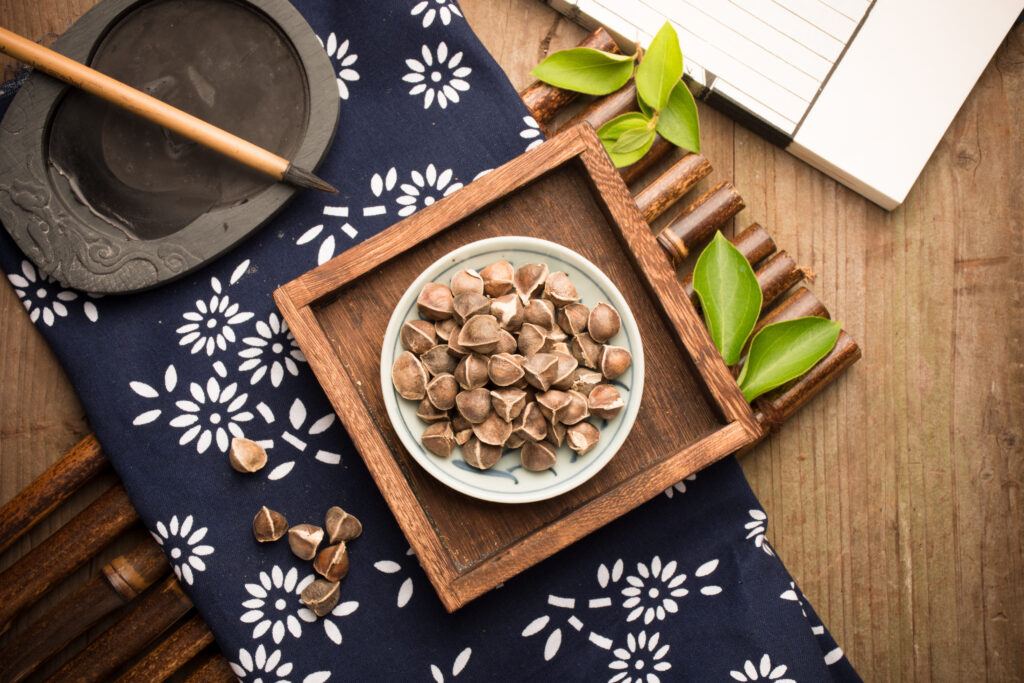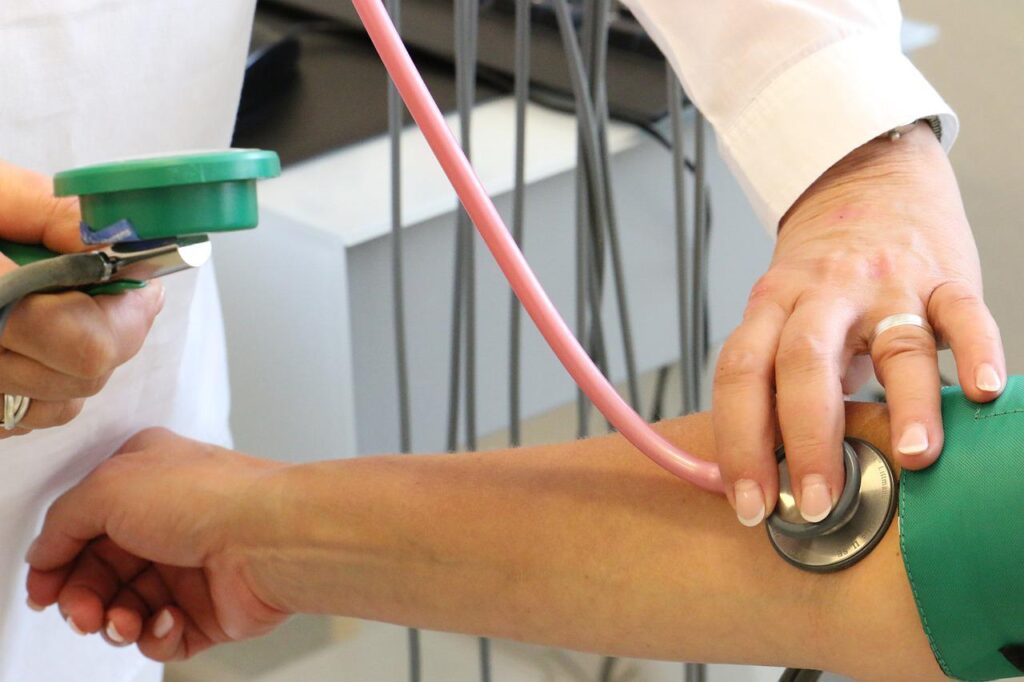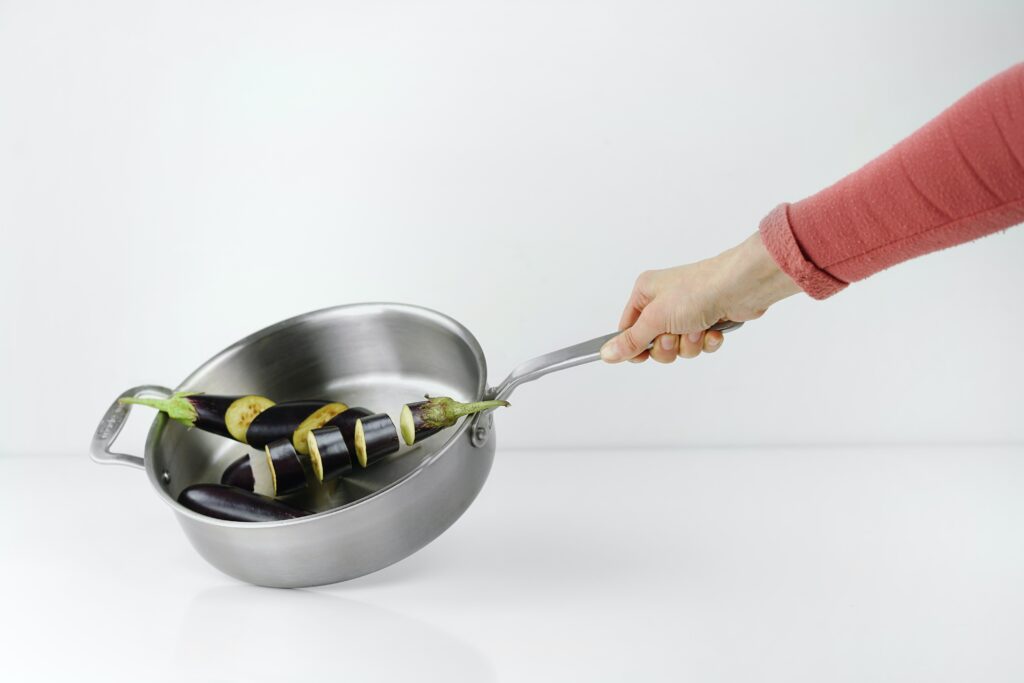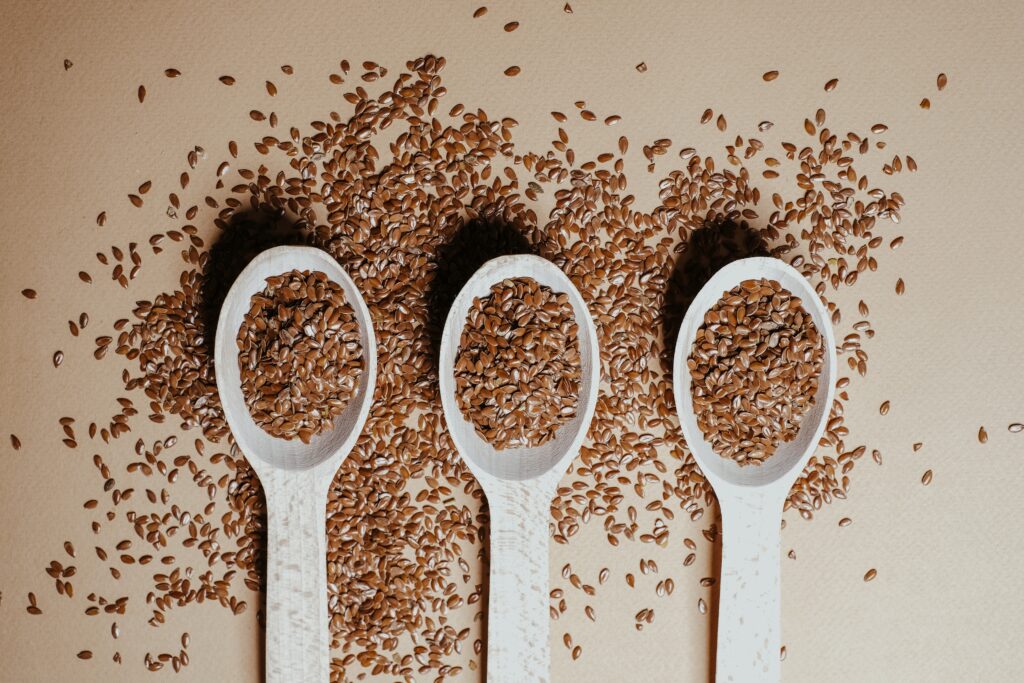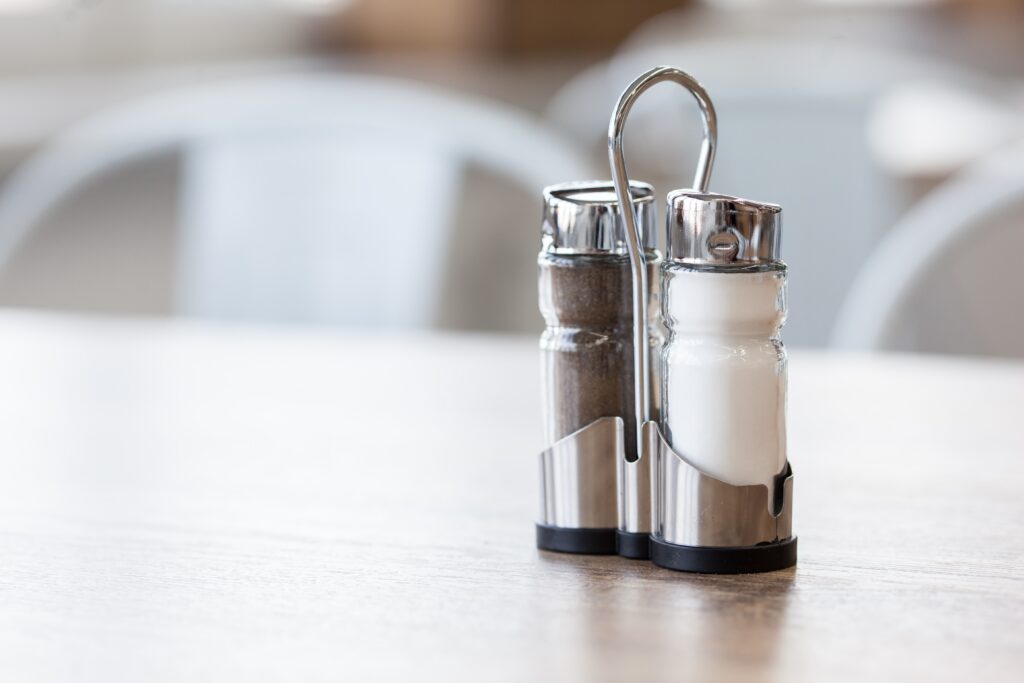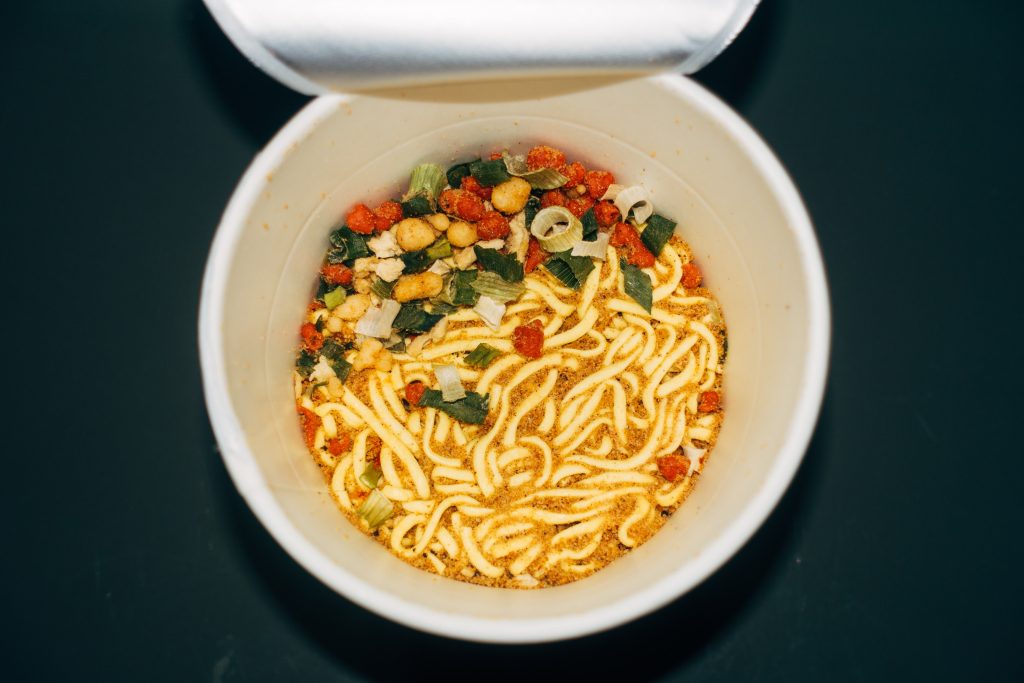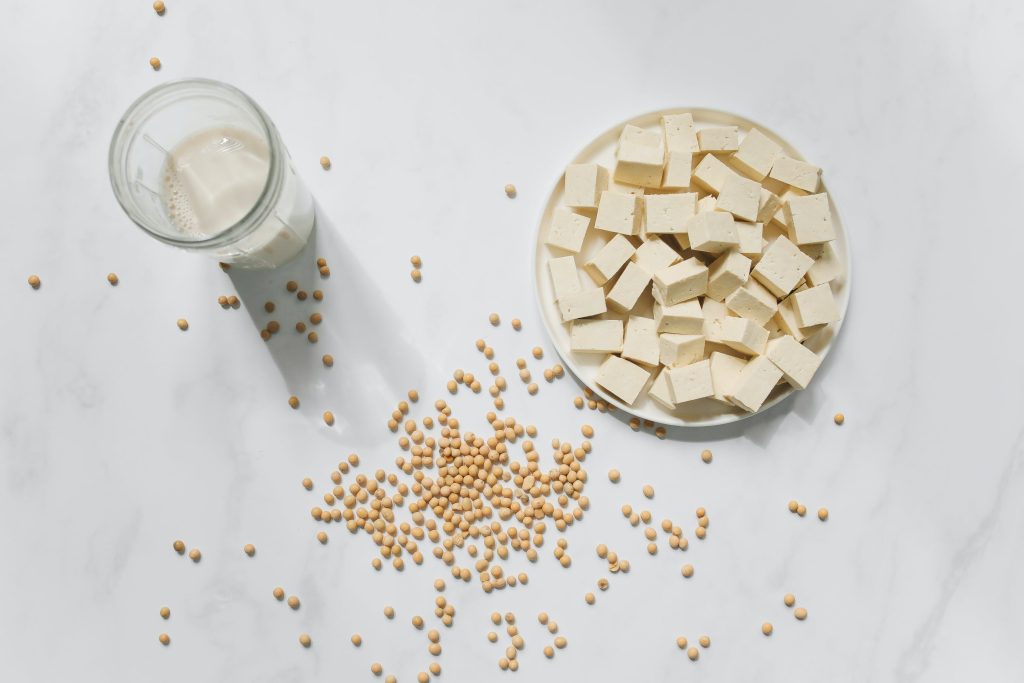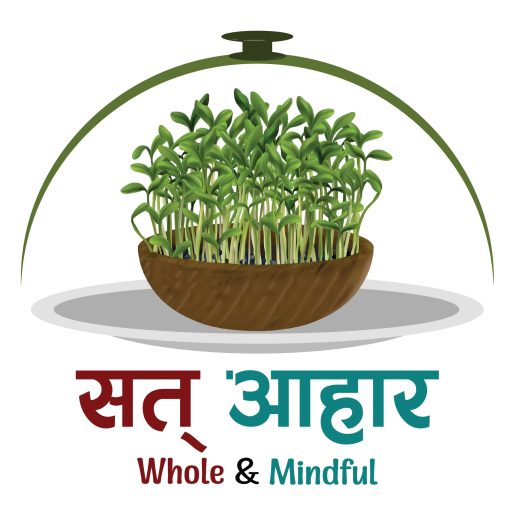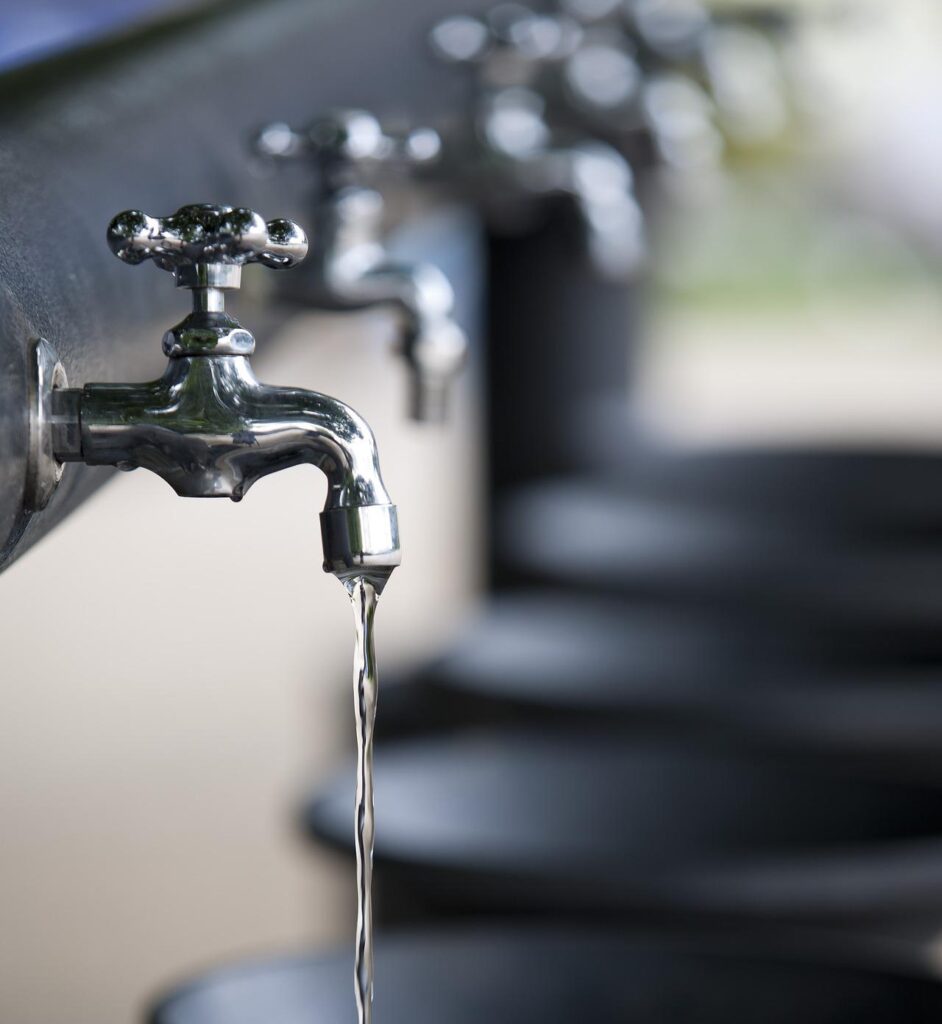
Clean and readily available water is a basic human right. Target 6.1 of the Sustainable Development Goals also aims for universal and equitable access to clean and affordable drinking water.
Having said that, many people especially the low-income groups still have difficulties in accessing sufficient clean and safe water. In the face of changing climate, the problem of poor availability of safe water is expected to increase. According to World Health Organization statistics as of March 2022, at least 2 billion people worldwide drink polluted feces-infected water. Microbiologically contaminated drinking water can spread diseases such as diarrhea, cholera, dysentery, typhoid, and polio, and it is estimated that 485 000 diarrheal diseases occur each year.
What is Moringa (drumstick)?
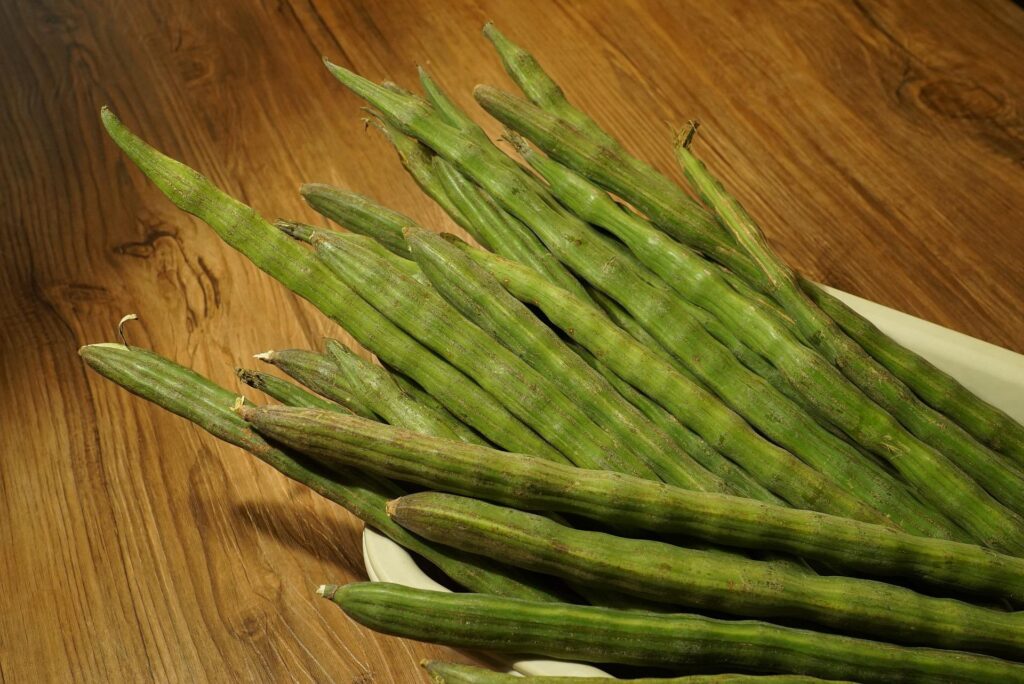
Moringa (M. oleifera), commonly known as drumstick, has gained huge popularity these days because of its versatile nature. Traditionally it has been used in herbal medicine in many parts of the world including India, Africa, and Nepal.
It contains a wealth of beneficial nutrients in every part of the plant. The bark, pods, nuts, leaves, seeds, tubers, roots, and flowers of the Moringa tree are all edible (1). Minerals such as calcium, potassium, magnesium, zinc, iron, and copper are abundant in the leaves. Pods are also nutritious and are rich in dietary fiber and protein (2).
Moringa Seed in Point of Use Water Purification
Apart from Moringa’s nutritive and medicinal properties, it is being known as an excellent water purifying agent.
Moringa seeds contain proteins that have active coagulation properties and are being used for turbidity removal in many countries.
As a purifying agent, powder of dried moringa seed is used. When the seeds are dried, dehusked, and crushed, powder is obtained. When the powder is added to water, the powder acts as a coagulant binding colloidal particles and bacteria to form agglomerated particles (flocs), which settle allowing the clarified supernatant to be poured off.
The seeds of the Moringa family are very efficient water coagulants and are safe. Till now, no toxic side effects have not been noted.
Does it really work?
Yes. Let’s refer to a recent study published in 2020 in Scientific African Journal (3). The researcher collected river water and used moringa seed and copper wire to purify it. Copper is traditionally known to have antibacterial properties. By using moringa seed powder and soaking copper wire in water, clean water was obtained. They left the water for 4 hours to stay still and analyzed for turbidity and E. coli counts. In all treated samples, the turbidity level was between 3 and 5 NTU, and the E. coli count was Non-Detected (N.D), both of which were within the acceptable threshold for drinking water.
Moringa seed alone can also be used to purify water of lakes and pools for other purposes. Dosage might vary according to the level of pollution in the water. It can provide alternative to current water purification agent such as chlorine
As a Point–of–Use (PoU) method, it is remarkably useful in supplying drinking water as an immediate solution in disaster areas affected by floods, earthquake etc. In countries like Nepal, where drinking water supply is not accessible to all and where flood occurs every year, such method should be referred in detail and applied in emergency setting without having to need technical assistance or big budget.
Takeaway
Moringa seed extracts could probably be promising natural antibacterial agents with potential applications in controlling bacteria that cause waterborne bacterial diseases. Together with copper, it has a great potential to be an instant yet cheaper water purification solution in low-income and disaster affected areas.
Theme picture credit: Bret From LovePik.com

